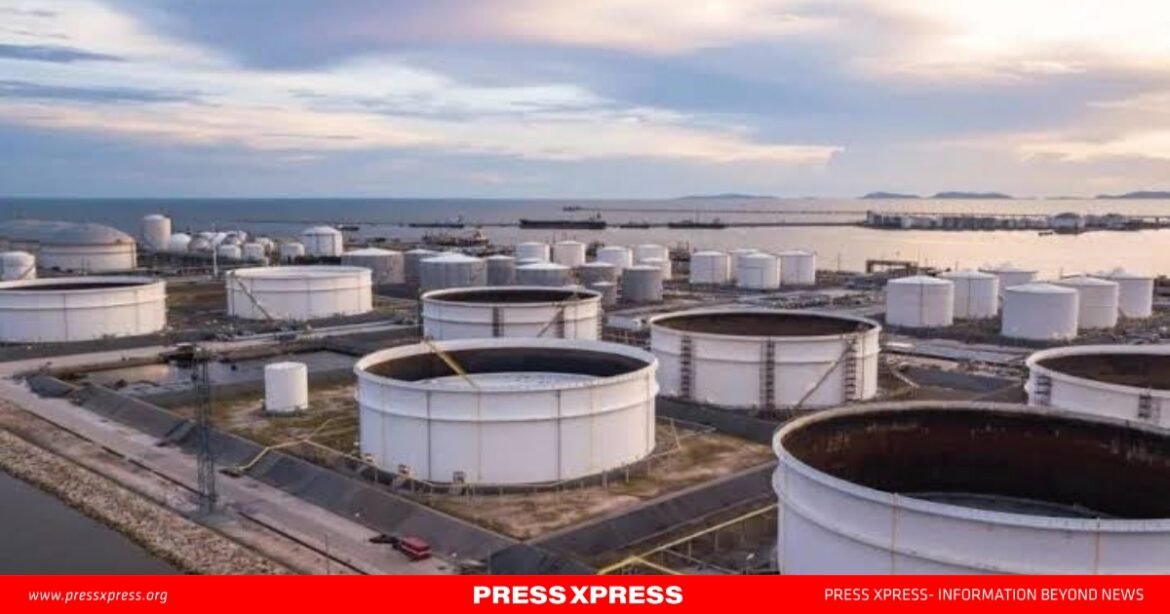In 2024, major European oil companies made a sharp pivot back to oil and gas, prioritizing short-term profits over renewable energy investments. The retrenchment, driven by soaring energy prices and waning government climate policies, highlights a seismic shift in the energy sector that is expected to continue into 2025.
Companies like BP, Shell, and Norway’s Equinor scaled back renewable spending by 8% this year, according to Accela Research. This strategic shift mirrors broader industry trends as geopolitical and economic pressures mount, with Russia’s 2022 invasion of Ukraine upending energy markets and delaying global climate targets.
A Strategic Shift
BP, once aiming for 50 gigawatts of renewable capacity by 2030, spun off most of its offshore wind assets into a joint venture with Japan’s JERA in December. Shell, previously ambitious about becoming the largest electricity company globally, halted offshore wind investments, exited European and Chinese power markets, and weakened its carbon reduction goals. Meanwhile, Equinor attributed its slowdown to inflation, cost increases, and supply chain bottlenecks, maintaining a cautious approach to new renewable projects.
While European energy firms pulled back, U.S. rivals Exxon and Chevron maintained their focus on oil and gas, enjoying superior shareholder returns. This disparity highlights the financial challenge faced by European companies trying to balance clean energy investments with profitability.
The Cost of Retreat
This retrenchment has severe implications for global climate goals. Carbon emissions are forecast to hit a record high in 2024, contributing to the warmest year on record. The $3 trillion energy sector faces heightened uncertainty heading into 2025, with the return of Donald Trump to the White House and his pledge to dismantle President Joe Biden’s landmark green energy policies. Trump’s appointment of oil executive Chris Wright as energy secretary underscores his climate-skeptic agenda, further threatening global progress on renewables.
At the United Nations climate summit in Baku, Azerbaijan, little consensus was reached on phasing out fossil fuels. Instead, President Ilham Aliyev lauded oil and gas as “a gift from God,” leaving climate advocates disillusioned.
Economic Pressures
China, the world’s largest crude oil importer, is attempting to revive its economy, potentially boosting global oil demand. However, signs are emerging that the country’s gasoline and diesel consumption may be plateauing. At the same time, OPEC and its allies have delayed plans to ease supply cuts, while other nations, led by the U.S., are increasing oil output.

Financial pressures are mounting for Big Oil. Net debt for the top five Western oil giants is projected to rise to $148 billion in 2024, up sharply from $92 billion in 2022, according to LSEG estimates.
Looking Ahead
The renewed focus on oil and gas may offer short-term financial gains, but it risks undermining long-term sustainability. BP, Shell, and Equinor assert their commitment to the energy transition, but the data paints a starkly different picture. With climate commitments slowing and geopolitical tensions intensifying, the energy sector enters 2025 at a crossroads, with the actions of industry leaders poised to shape the future of both the global economy and the planet.


